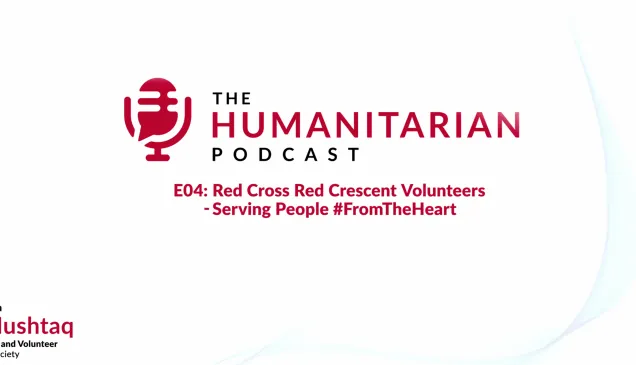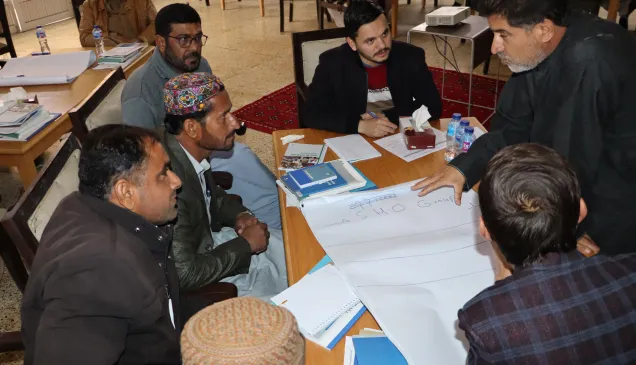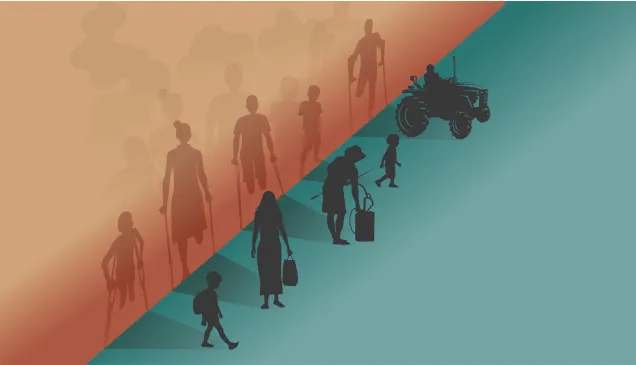Pakistan: Curing one club foot at a time
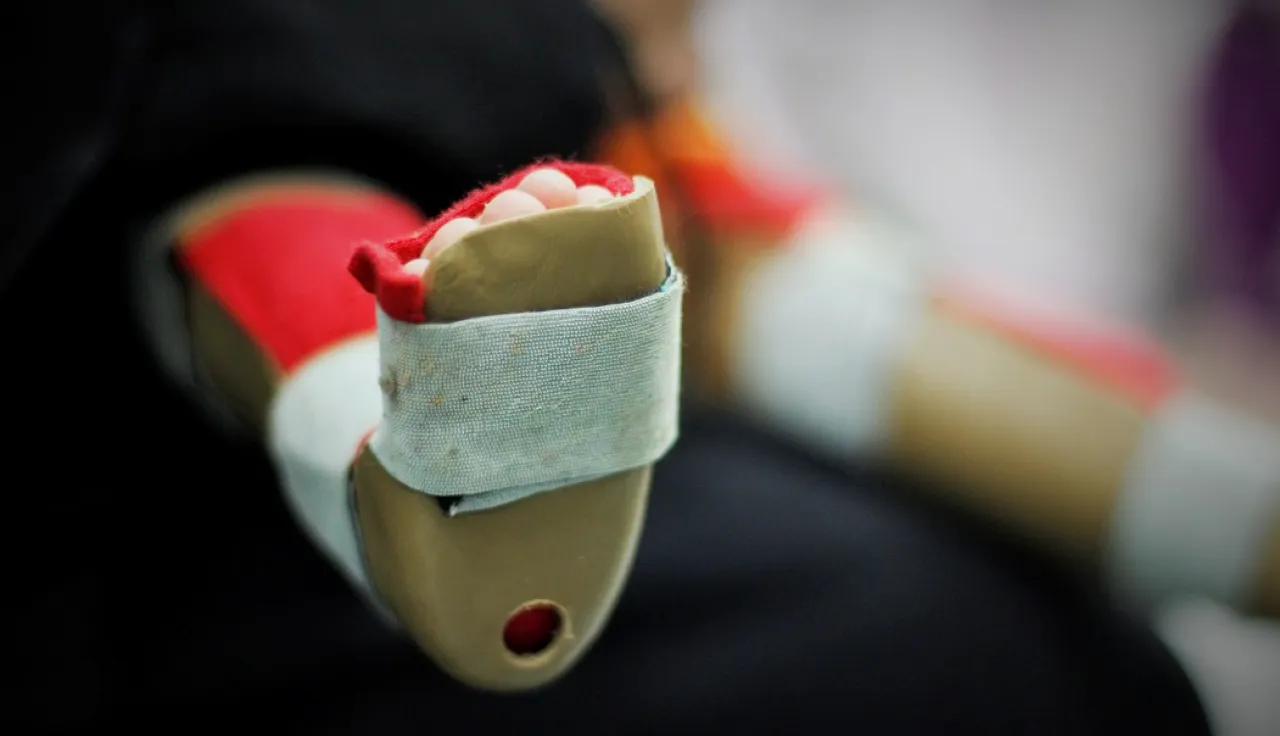
Two in every thousand children worldwide are born with clubfoot, a congenital disorder that seriously affects mobility. The ratio is much higher in lower income countries, like Pakistan, where an average of 6,000–7,000 cases of clubfoot are reported every year.
Shafaat and his wife Asifa travel each week from Rara, situated on the outskirts of Muzaffarabad, to the club foot clinic at Muzaffarabad Physical Rehabilitation Centre to get casts wrapped around their child's legs. Their son, Ayan who is 14 weeks old, was born with club foot, a congenital deformity that cause them to be turned inwards and limit his mobility. "We had dreamt of a happy and healthy life for our baby. But when Ayan was born and we saw his feet, our hearts broke because we knew that life wouldn't be easy for him," says Shafaat. The clinic is supported by the International Committee of the Red Cross (ICRC).
For parents like Shafaat, seeing their children affected by a deformity can be shattering and painful. In Pakistan, close to 7,000 cases of club foot are reported each year but only five to ten per cent of them receive adequate treatment.
Committed to providing humanitarian assistance for those in need, the ICRC has been working to ensure that babies born with club feet get timely treatment at clinics established across the country. On 31 July, the ICRC and the Paraplegic Centre Peshawar jointly established the "Clubfoot Home" in Khyber Pakhtunkhwa (KP). This facility is equipped to provide a range of treatment to 24 children with club feet every day.
Take a look at "Clubfoot Home" here.
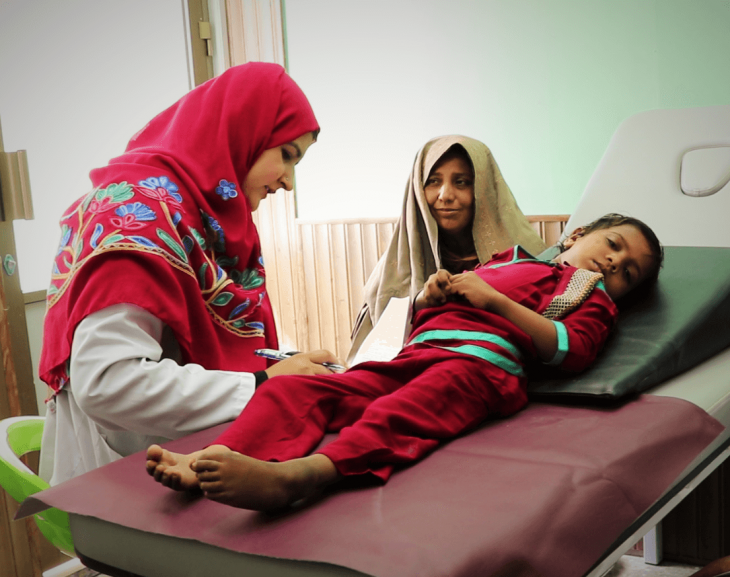
Since 2012, close to 4,000 children have received treatment at the six club foot clinics that the ICRC supports in Muzaffarabad, Peshawar, Swat, and Bannu. "Dedicated centres like the Clubfoot Home in KP have enhanced the capacities of local organizations working in this field. They also raise awareness about the issue and provide free and indiscriminate treatment for club foot," says Ahmad Abdal Qader Hasan Al-Mosa, team leader of ICRC's Physical Rehabilitation Programme in Peshawar.
Since 1984, the ICRC has partnered with local partners as part of its Physical Rehabilitation Programme to provide free-of-cost services for amputees, people with spinal cord injuries and children with club feet. In 2017, more than 50,000 people benefited from various rehabilitation services provided at centres supported by the ICRC.
With treatment now under way, Shafaat's son is one of the many who can dream of an improved quality of life as he grows up. "We are hopeful that serial plastering and casting will help rectify the deformity, so that our Ayan can stand on his two feet one day," says Asifa.

